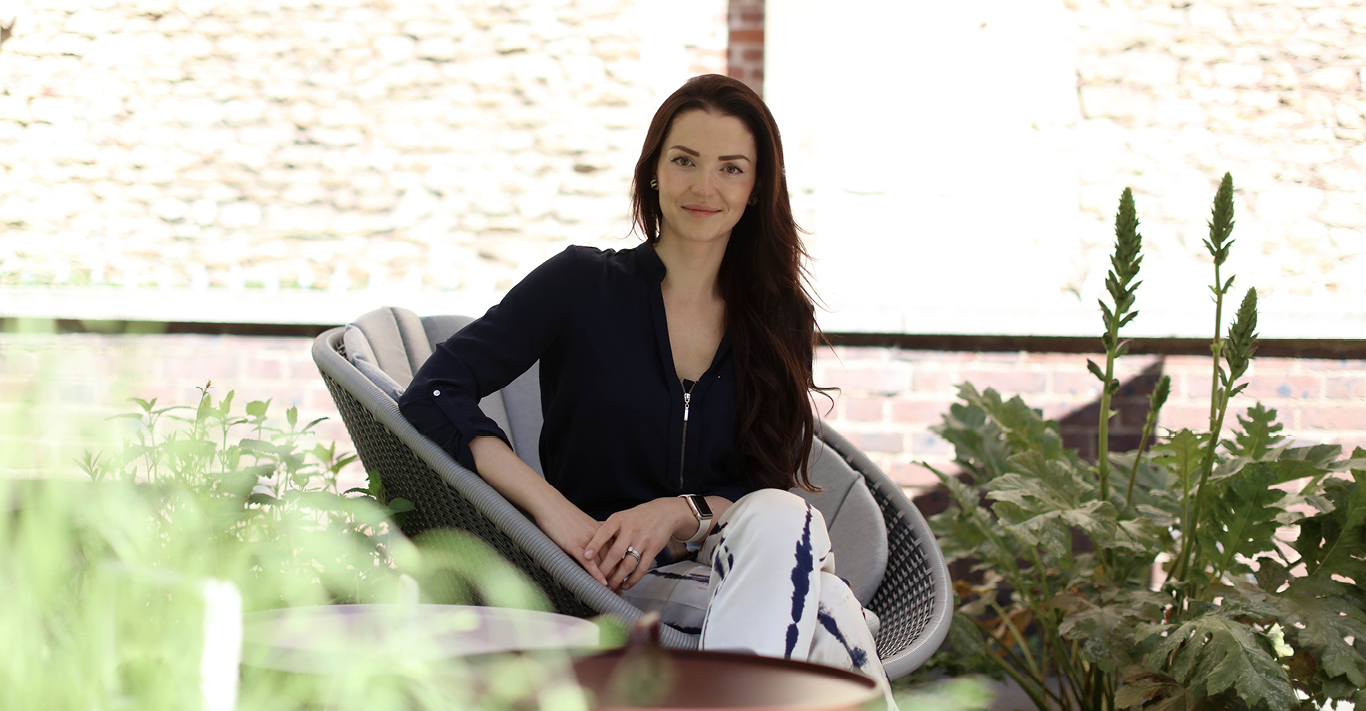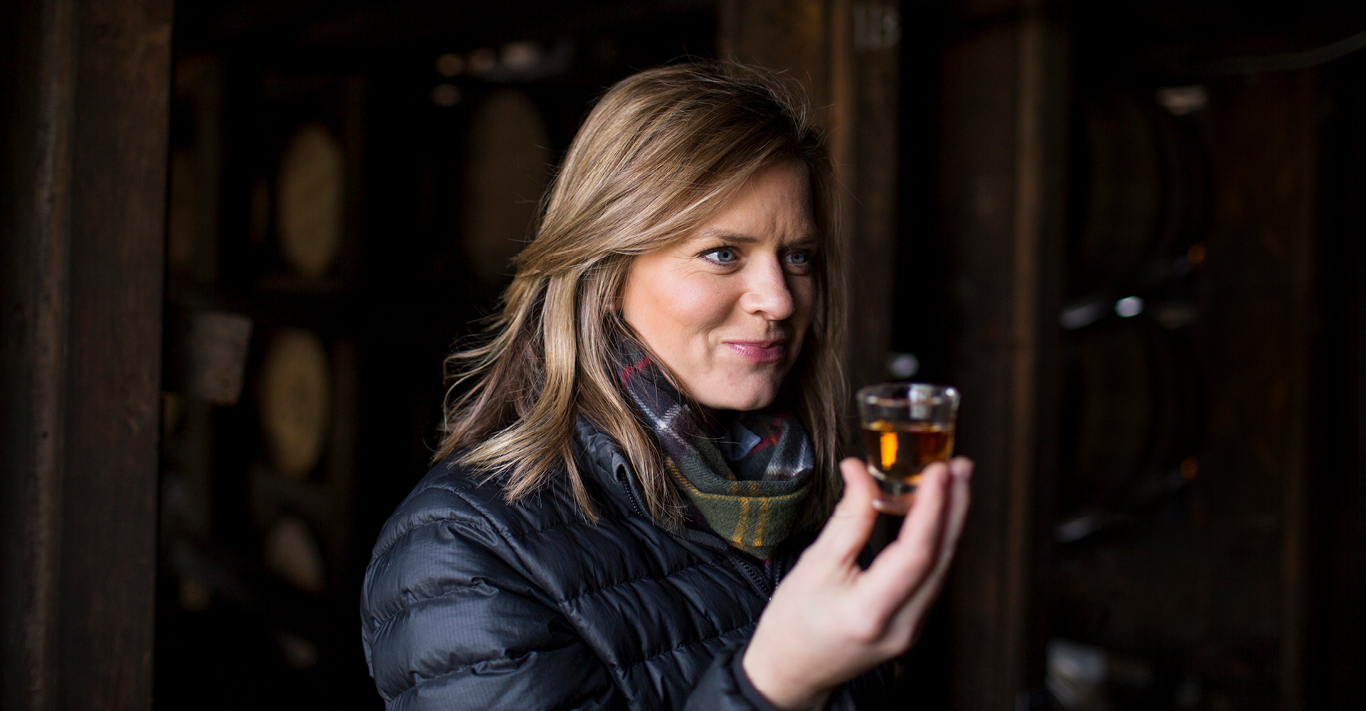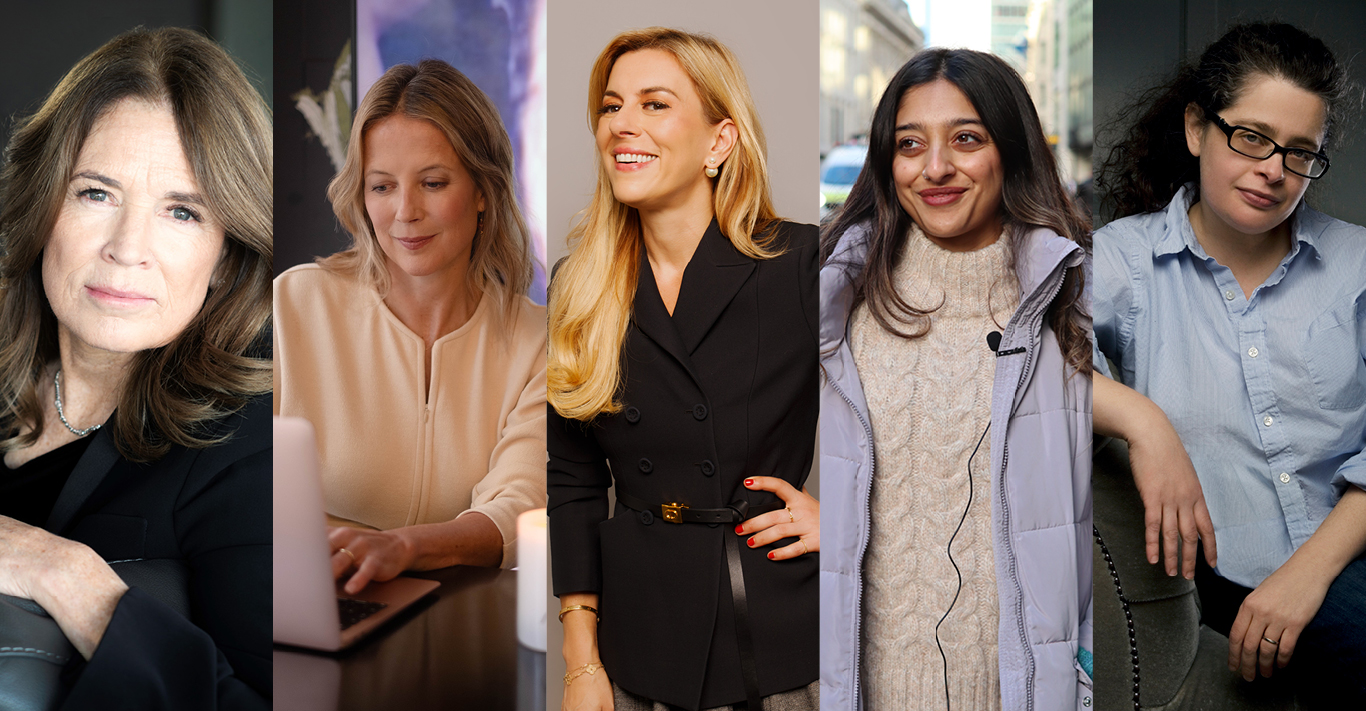I started my career as a qualified solicitor with Allen & Overy, one of the top four Magic Circle law firms. The fact that I had managed to secure a trainee contract with a top firm, during an economic crisis, made me really happy. It was like hitting the jackpot.
I took a year out before starting at A&O, and during that time my husband and I decided to buy a property and refurbish it as a buy-to-let investment. I project managed the design elements, procurement, finishes and furniture, and I found the whole experience really enjoyable. We sold the flat, and made a decent profit, which made us ask ourselves ‘why would we work for anyone else if we could do this?’ But the time came for me to start my training contract.
I was suddenly in a completely different environment – very focused and structured, quite administrative and with a lot of supervision. My husband had left his job to concentrate on property full time and wanted me to join him, but as I had worked so hard to get here, I decided to complete the two years and get my qualification.
During that time, we reinvested the profit from the first flat in a second flat, then we sold that to invest in a third – it was very intense. We then converted the last remaining offices in Middleton Square into two beautiful houses. It was a record sale at the time for that part of London. That allowed us to acquire a building in Highbury & Islington, another office building that we wanted to convert into 19 residential flats.
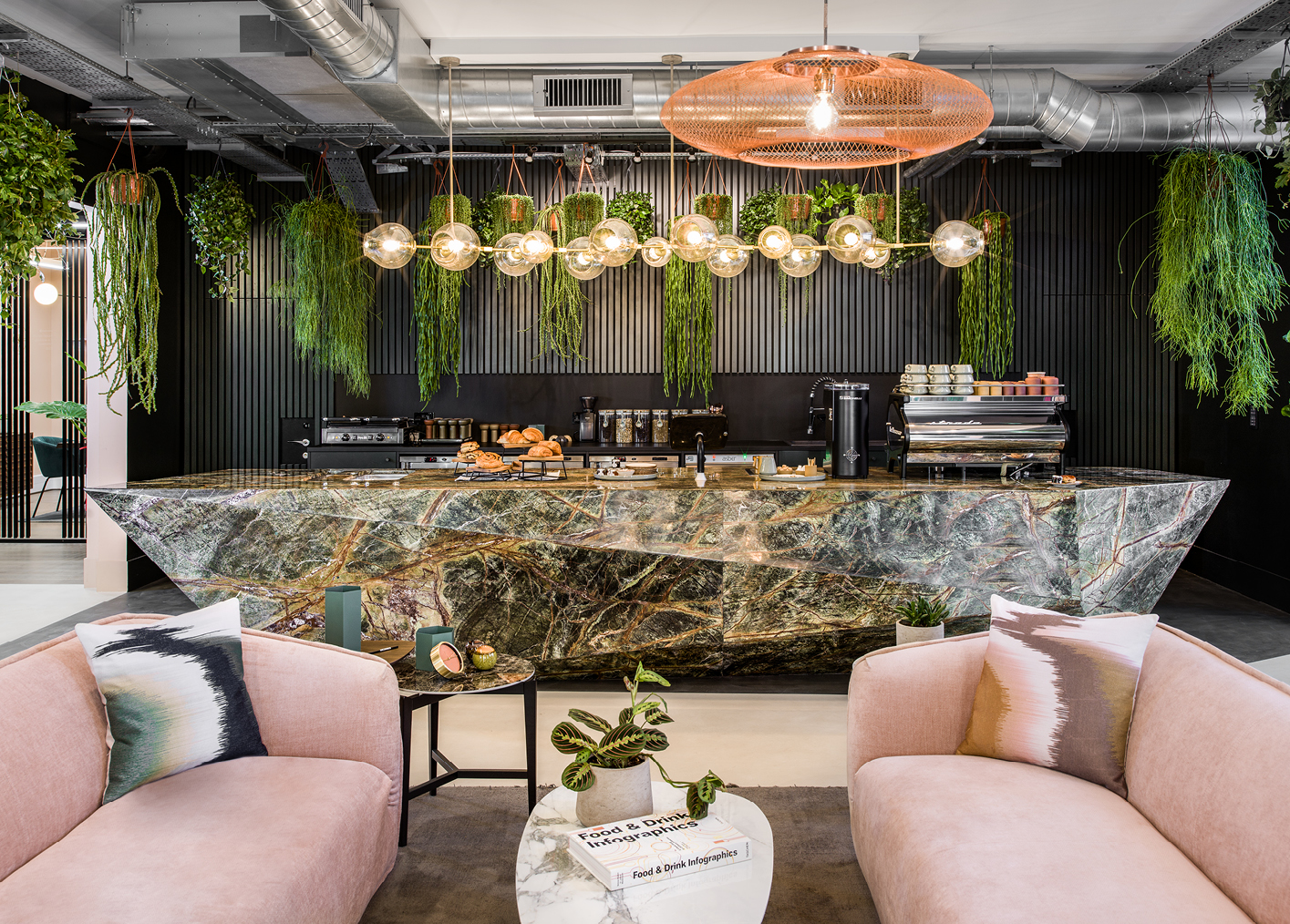
That’s when the first Uncommon asset happened – actually by accident. It should have been a straightforward case of filling in the form and submitting it, but the council refused the application based on a new agreement with the secretary of state excluding certain buildings from being converted. We were left with an empty, dilapidated building we could no longer convert.
We quickly decided to convert the Highbury site into a makeshift office space. We went to our builder with a £60,000 budget, which is so unrealistic for a 20,000 sq ft building, and he said ‘okay, I will see what I can do’. We didn’t even have enough money to take the tiles off the wall, so I got black and white copies of Vogue magazine and we just glued them on as wallpaper. We built furniture from wooden palettes and just used loads of creative thinking.
It was all very quick. We took possession of the building in November, and by the end of January we opened the first phase. But the most amazing thing is that by April we were full. We had individual co-working businesses, small start-ups and 10-15 member companies moving in. They were paying rent. It was unheard of. It was on a desk basis, as opposed to the traditional rent, because of the flexibility, but it was phenomenal.
That’s how it all started. After around six months, we realised it was not only cash flow positive, it was actually generating revenue that was more or less in line with what you would expect the return to be like with a residential project.
We fundraised a bit of external investment to refurbish the rest of the building and we were introduced to a leading investor who really liked our concept, namely because we owned the real estate. They suggested we should buy buildings, lightly refurbish them while we work on the planning permission to convert them into something else and sweat the asset strategy in the meantime. They offered to invest £50 million so we could go and buy a few more but after a long investment appraisal they decided not to invest, as we were such a young business.
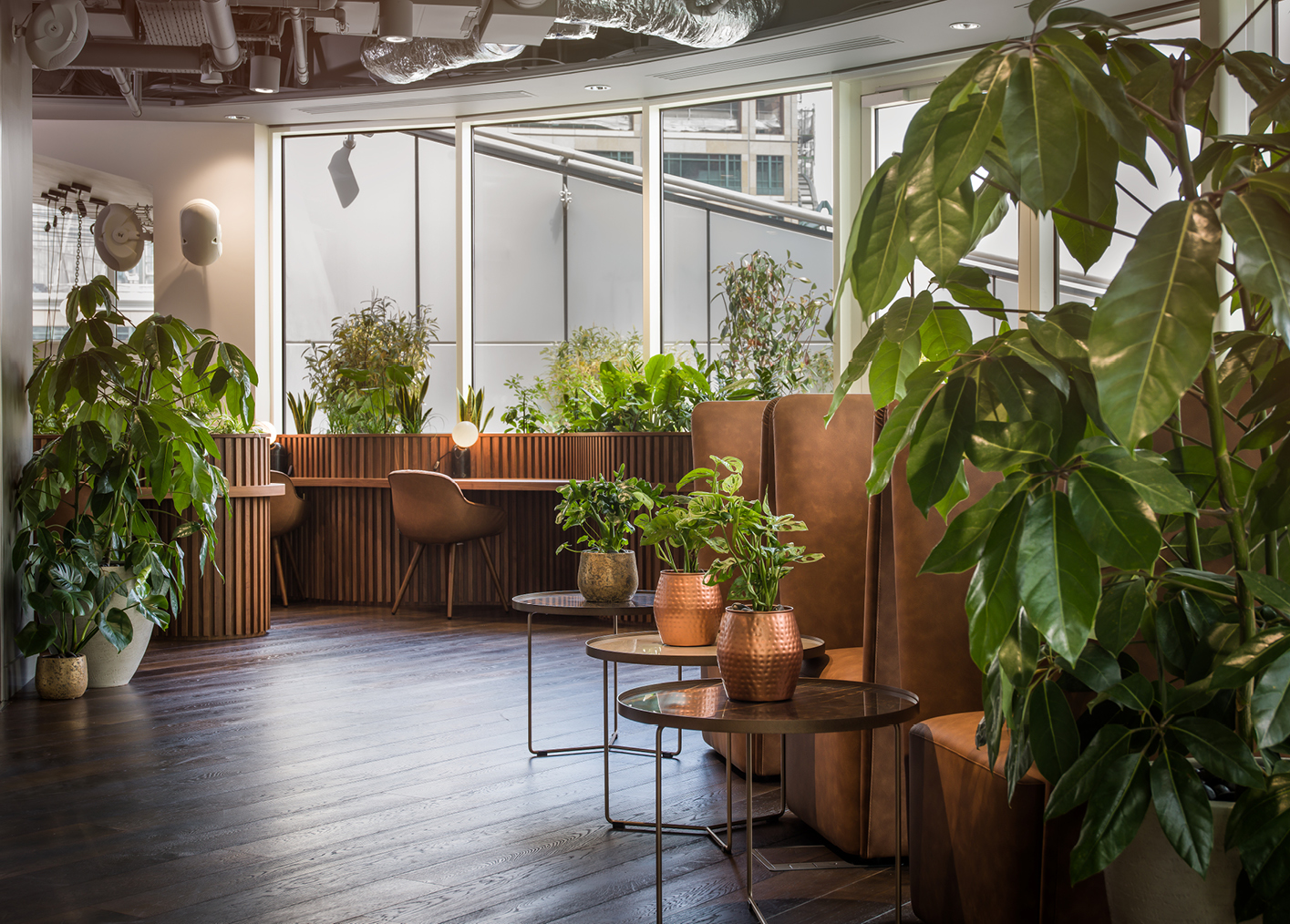
It was disappointing but we thought if they were interested, other investors might be interested too. So we printed off a sheet of the biggest private equity investors out there and started calling them directly and emailing them to ask for some time. We would host 10-15 minute pitches for the ones that were interested and, eventually, we had three leading private equity investors in the running to invest in the expansion, which was fantastic.
We closed the deal with the Carlyle Group three and a half years ago, and since then we’ve acquired four more Uncommon assets – in Borough, Fulham, Liverpool Street, and, most recently, Holborn. The Holborn site is our largest acquisition to date and is a very exciting project.
What’s unique about our business model is that we actually own the assets. Of course, there are plenty of other businesses that are perfectly profitable on a leasehold operational model, but it still doesn’t allow them to do a lot of the things that we can, such as altering the infrastructure and layout for example. And making sure that every office has windows! We say if you can find an office without a window in Uncommon, you can have it for free. You are not going to find one, because we don’t have any.
We have a strong focus on wellness at Uncommon. It affects how you perform, how you feel, your energy levels and your mood. From an employer’s point of view, depriving your employees of daylight is completely counter-effective. It’s about creating environments that mean people actually want to come to work because there are many different spaces they can work from. Only quite recently have people started to ask why their office space is so uninspiring. It is certainly time to change that.
In the last 18-24 months, we’ve seen a massive shift in the number of enquires we receive, and the size of the corporates we are talking to. The big corporates are starting to see the value in shorter and more flexible leases.
The other thing that has evolved in recent times is the expectations employees have of their working environment, especially as we learn to navigate a ‘new normal’. It’s not enough just to offer a good salary anymore. Employees are looking at where they are going to work, how they are going to work, what flexibility the employer offers and what sort of environment it is. They are looking at it as a whole package. In order to attract and retain the best talent, employers have to take all of this into consideration.
Facilities such as Uncommon, where the common spaces are shared, can offer individuals and smaller enterprises the things that used to only be found at the larger corporations. Things such as an on-site café-bar, meditation pods and extra-curricular activities such as yoga classes, workshops and seminars.
In addition to offering all of these lifestyle benefits, and much more flexibility from a financial perspective, Uncommon can also take care of environmental considerations such as security and health and safety. This is now more of a concern than ever, and can be very hard for a small company to invest time and money in. Moving forwards, we want to focus on providing solutions to the challenges that businesses face, as they arrive, so our clients and members can concentrate on their work, with the comfort and confidence that these things are being taken care.
Tania Adir is the CEO and founder of Uncommon, which offers flexible office space that is designed to meet modern-working and lifestyle requirements and to provide optimal working conditions. Uncommon currently has four sites in London at Liverpool Street, Borough, Highbury and Fulham, with a fifth site due to open in Holborn in 2021; uncommon.co.uk


